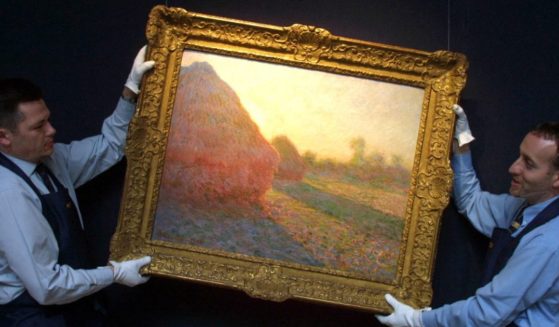Be Careful What You Flush
Due to COVID-19 Americans are paying much closer attention to disinfection and sanitation in their homes and workplaces.
In turn, things that should not be flushed down toilets are entering private septic systems and municipal sewer systems, causing damage.
These waste treatment systems are designed to handle human waste and toilet paper only. Things like facial tissues, baby wipes, paper towels, gloves, and anti-bacterial wipes can damage the systems, pose potential health risks, and lead to costly repairs.
Even personal care wipes with packaging that says “flushable” and “septic-safe” aren’t really.
Flushable just means they will go down the drain. It doesn’t mean they can be handled by the treatment systems receiving them.
Individual household wastewater treatment systems typically use a septic tank, which allows heavy waste matter to settle to the bottom, and floatables such as fats, oils, grease and hair to rise to the top, forming a scum layer.
The liquid in the middle of the tank is then directed to a drain field, where the soil naturally filters the liquid waste before it reaches the groundwater.
Toilet paper degrades quickly in water, but other materials don’t break down readily and can clog the system.
Any solids other than human waste can strain the process and potentially lead to clogged drain fields and failed systems. Repairs can be protracted and costly.
Michigan State University Extension provides information on maintaining home septic systems as part of its Septic System Education program.
For most residents living in more suburban or urban areas, household wastewater is directed to a municipal treatment facility. Such a facility may consist of a series of wastewater lagoons in smaller communities or wastewater treatment plants/water resource recovery facilities in larger towns and cities.
In the preliminary treatment phase at a wastewater facility, large debris is screened out or ground up. This process is not designed to handle materials like wipes, gloves, or similar types of materials.
In 2018, a “fatberg” was discovered in Macomb County during routine cleaning of the sewer lines. This combination of fats, oils, greases and solids (including baby wipes) created a mass of waste estimated to be about 100 feet long and six feet tall, with an estimated removal cost of $100,000.
A sample of this monstrosity is now on display at the Michigan Science Center in Detroit.
Sadly, this isn’t unusual in the sewer industry. Sydney Water in Sydney, Australia, posted last week about their own struggles with fatbergs.
“This mess is what our technicians are faced with every day. Can you spot the main culprit?” Sydney Water posted on Facebook. “What you see below is the result of people flushing wet wipes, paper towel, cotton buds and other sanitary products down the toilet.”
One more thing to consider: Shoppers are now using gloves and wipes to protect personal health when they visit commercial establishments.
If these items are discarded in parking lots, they may end up in storm drains, clogging the catch basins and possibly polluting area rivers and streams. These items should be placed in trash receptacles.
Everyone plays a role in ensuring wastewater treatment systems, including individual septic systems and municipal facilities, function properly.
Paul Stokes, superintendent of the East Lansing Water Resource Recovery Facility, said wastewater professionals have been expressing concern about this topic for years.
His advice: 1) place a wastebasket near your toilet (preferably one with a lid) to dispose of all the things that should not be flushed, and 2) practice flushing the 3 Ps — pee, poop and (toilet) paper only.
This article appeared originally on Michigan State University Extension.
Truth and Accuracy
We are committed to truth and accuracy in all of our journalism. Read our editorial standards.












